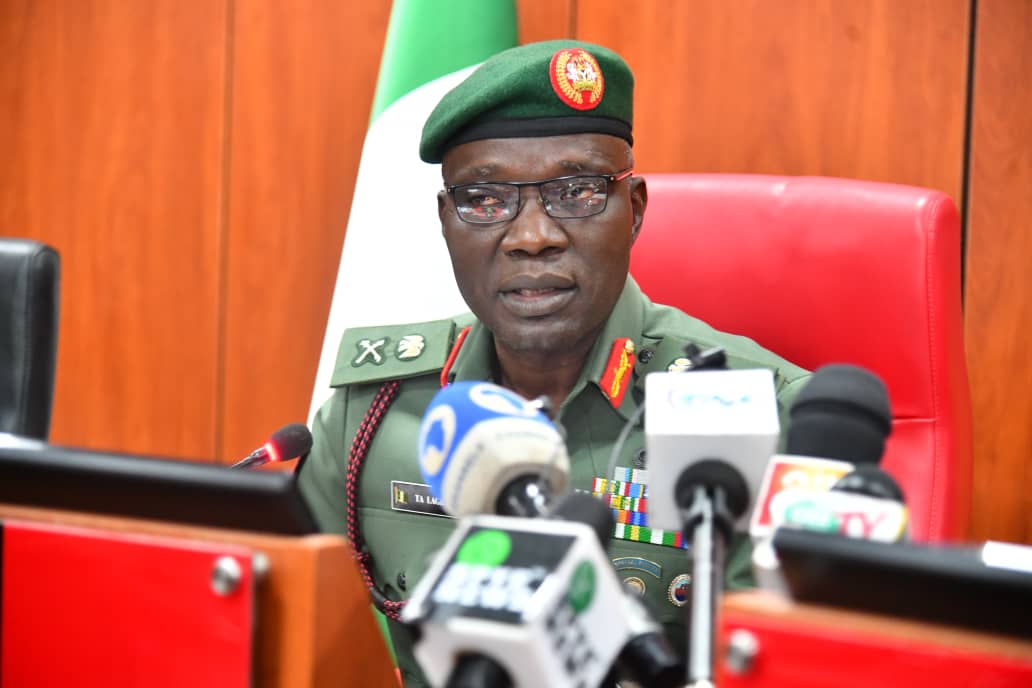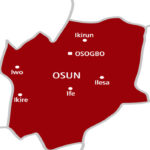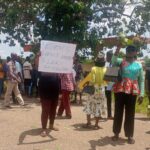
According to him, the procurement of the attack helicopters was part of the ongoing efforts of the government to strengthen the operational efficiency of Army aviation to combat the insecurity bedevilling the country.
A statement by the Director, of Army Public Relations, Brig. Gen. Onyema Nwachukwu said the Army Chief disclosed this at the Nigerian Army Aviation maiden seminar on Aviation Security Awareness in Abuja.
The statement read, “The Federal Government of Nigeria in support of the operationalization of Nigerian Army Aviation has approved the acquisition of the initial 12 MD 530F Cayuse Attack Helicopters that will actualize the operationalization of the Nigerian Army Aviation to effectively tackle security challenges bedeviling the country.
“The acquisition of the new attack helicopters is part of ongoing efforts by the Federal Government to boost the operational capabilities of the Army Aviation to appropriately respond to contemporary and emerging security threats.”
The COAS expressed gratitude to the Federal Government under the leadership of President Bola Ahmed Tinubu, for buying into the aspiration of the Nigerian Army Aviation and committing itself to making history.
Lagbaja disclosed that since 2014, the Nigerian Army has made commendable progress in training pilots, aircraft engineers, technicians, and other ground support crews.
He noted that the Army had collaborated with international organisations as well as the Nigerian Air Force to learn from them.
Lagbaja said, “The Nigerian Army understands the highly technical nature of the aviation business and the need to be appropriately mentored, its international collaborations and submission of its nascent aviation outfit to the mentoring of the Nigerian Air Force, as the Service does not have the luxury of making mistakes when it can learn from other experienced aviation outfits .”
Speaking about the roles of Nigerian Army aviation, the COAS said the outfit would give support to the ground troops.
Lagbaja said, “The outfit is set up to improve the agility, responsiveness, and efficacy of the ground troops, while contributing to the overall operational success of joint and coalition forces, supporting those on the ground, and focusing on tactical and operational engagements, maintaining that the Air Force undertakes more complex tasks to achieve strategic effects.”




